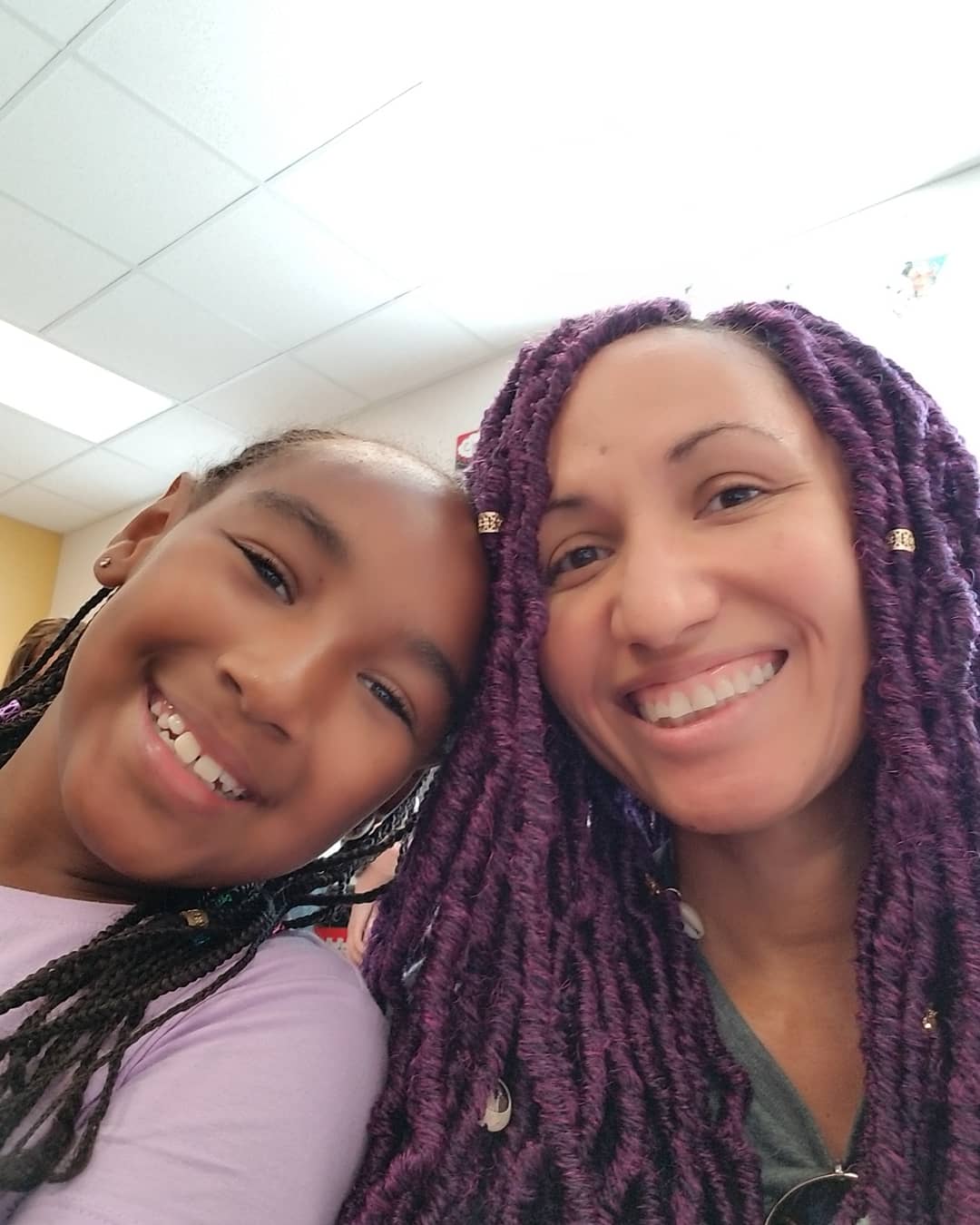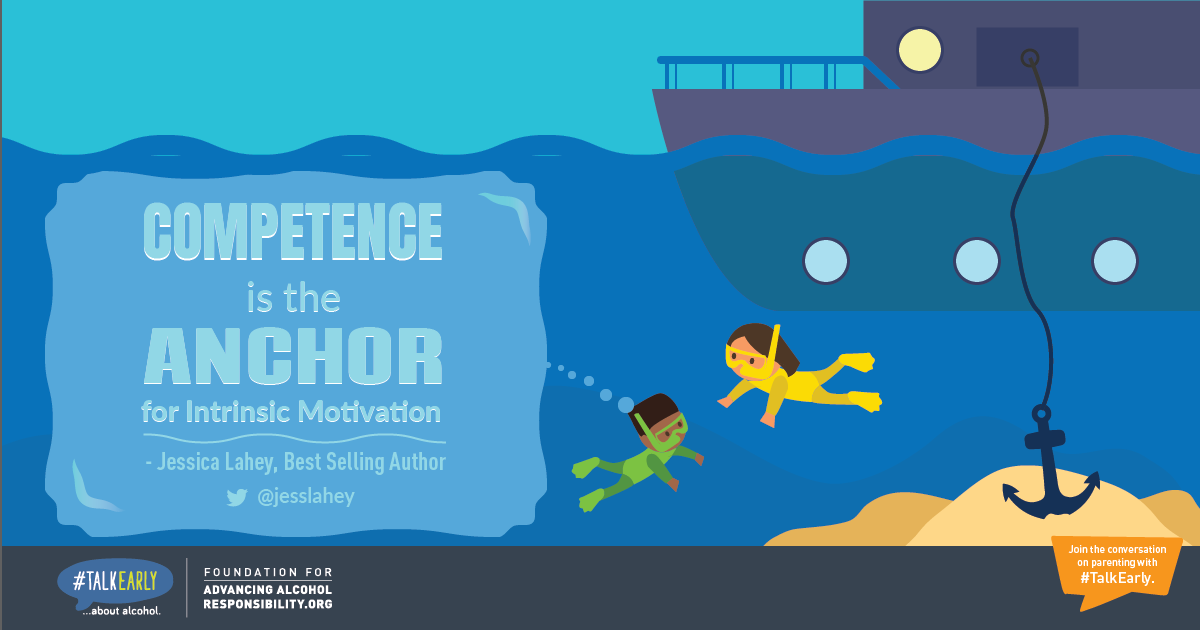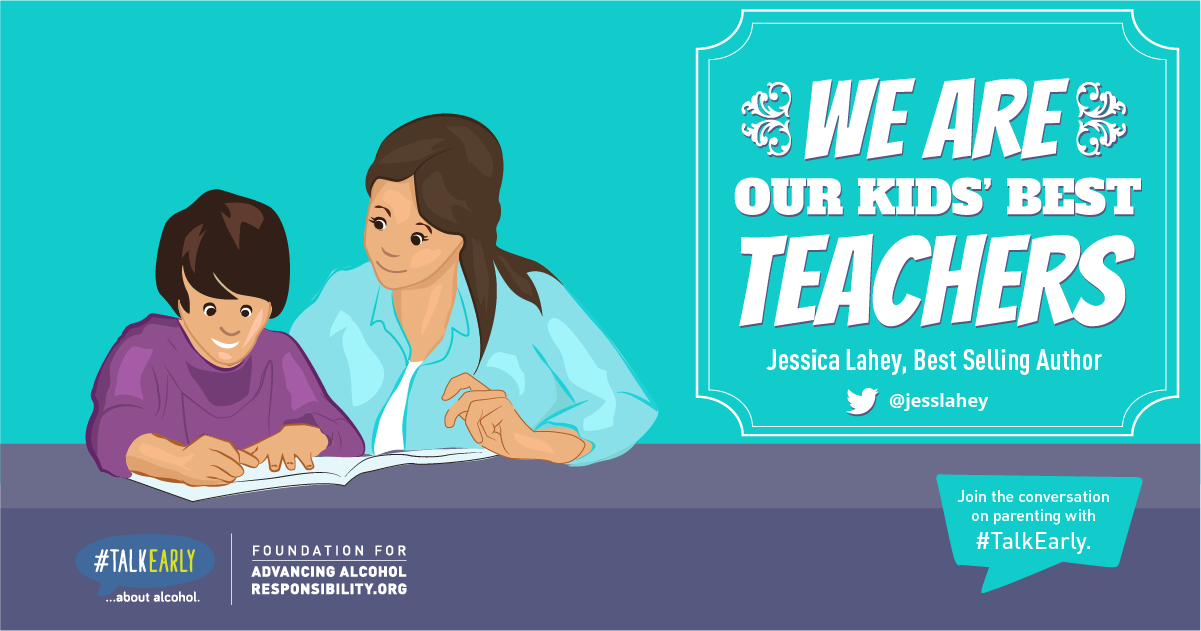Being My Girl's Best Teacher While Learning Along the Way
Disclosure: I'm a #TalkEarly ambassador. All thoughts and opinions are my own. I'm writing this in karate class. No, I'm not so talented that I can type and karate chop all at once (GOALS!). I'm attempting to distract myself as baby girl takes her first consistent after school activity. It's slightly nerve wracking. I have to fight the urge to yell at kids as they practice their kicks and punches. Whose idea was it to have parents spectate?
Third grade. We. Are. In. Third. Grade. I cannot believe it. After a pretty chill summer, it seems that we have hit that milestone of "oh hai! Let me show you what stress looks like!". Her dad and I have already engaged in tense conversations about grades and the dreaded FSA here in Florida.

Everything is new. Including struggling to deal with the anxiety my child is showing. It's been there for a while but, not until late spring did we really notice it blooming in spite of all the steps taken to dissuade it.
At times like these, I am reminded that I am always a new parent! That title doesn't go away because a child is growing up. Each stage is new to me. And with each stage, I find that community is key in helping me navigate it.
Last Fall, I had the great pleasure of meeting Jessica Lahey, author of The Gift of Failure. I learned SO much from that book. Not just about my child but, about myself. It has been a book I quote and talk about regularly with friends and one which I've counted on to help guide me through times like these.
First, I became keenly aware in first grade about some anxiety and insecurities in the Frog Princess. It was something that I worked hard to help her overcome. We started off shaky due to her needing glasses and her school brushing off my concerns about reading early on. That led to a loss of confidence and then, there we were. Here's what I learned from that experience.
- The Frog Princess is my child, she is NOT me. We might not have the same tastes or talents but, I love her still. I love her for being herself and as long as I can encourage her, cheer her on, help find tools that will help her with her challenges, I'm doing what's best for her.
- I CANNOT compare her to other kids. This was a difficult one as I had a few conversations where it was obvious that the parent was attempting to engage in oneupmanship. I had to learn to say baby girl was at grade level and feel good about that. When did it become a goal for our kids to read 4 grades ahead? Not knocking the kids that do but, I recall being in and around conversations where it was obvious that was the "thing to be".
- My ego does not make for a good parent. I can love my child through anything but loving her through my ego would cause more harm than good. So, I had to make sure my expectations were set based on HER knowledge, HER skillset and HER ability to produce. Not my own.
When Jessica was talking to us at the #TalkEarly Summit last year, a big statement that stuck out to me was directive/controlling vs autonomy supported parenting. It is easy to get sucked into providing direction every step of the way for every little thing that a child does. I think I always loved the idea of autonomy supported parenting and I have tried my best to do that even though I know I sometimes fall back to directive parenting. But, having this information at hand helped me identify when I was doing something that wasn't necessarily best for my girl so I could pivot. Y'all, this book is all the things!
Here's a quote that slapped me upside the head and that I'm considering tattooing on my body. [Tweet ""Competence is the anchor for intrinsic motivation. Intrinsic motivation happens best when kids are engaged for the thing itself – not what we are dangling in front of them.” - Jessica Lahey #TalkEarly"]

It's another way to create open communication and trust. One of the things I've really appreciated is having the Frog Princess open up about her insecurities and her anxieties. I thank her when she tells me these things and assure her that I am a safe space. These hard conversations start now (why hello, #TalkEarly). I like to tell people that we don't parent teenagers when they are teens. We parent teenagers when we have their full attention and the ability to build a foundation of trust. That starts in the early years. I used to say "I'm not parenting a 3-year old, I'm parenting a 13-year old" and folks used to think I was nuts. It starts early and I hope this foundation leads to us having a continual discussion about all the things.
When I cannot help her because I don't know something or I am at a loss, I say that to her. And I tell her that I will find the information out or get us some help. It's how we found a therapist helping her with her anxiety issues. Again, I'm not parenting an 8 year old, I'm parenting an 18-year old and I want to get rid of all the barriers now while they are molehills in front of her growing feet.
Between The Gift of Failure and #TalkEarly, I've learned so much! I'm grateful to them both and continue to use them over and over again in every stage of my parenting life.
How's back to school in your neck of the woods?

